Arrhythmia
-

Studies combine genetic testing, electronic health records to find undiagnosed diseases
Combining genetic testing with information from electronic health records revealed undiagnosed heart rhythm disorders and new conditions associated with inherited cancer gene mutations. Read MoreApr 28, 2022
-

Arrhythmia culprit: supertrafficking ion channel
Charles Sanders, PhD, and colleagues show how a “supertrafficking” mutant potassium channel contributes to heart rhythm abnormalities. Read MoreApr 15, 2021
-

Robotic technology speeds arrhythmia gene classification
Vanderbilt University Medical Center investigators have used high-throughput robotic technology to rapidly study and classify variations in a gene linked to heart rhythm disorders and cardiac conditions. Read MoreJun 12, 2020
-

Vanderbilt collaboration yields promising compound to treat arrhythmia
In addition to establishing potency, the team’s tests on cells and, later, mice showed that even high doses of the compound caused no ill effects. Read MoreFeb 21, 2019
-
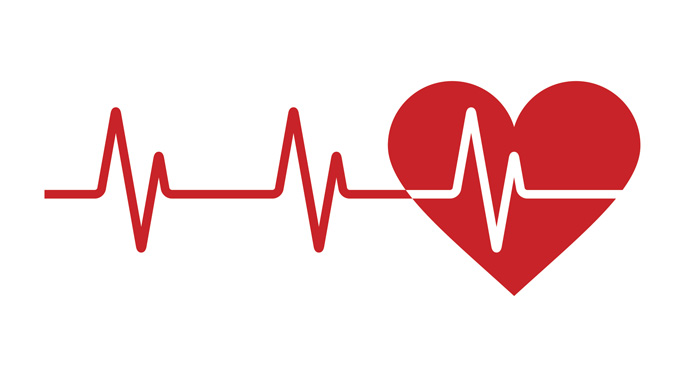
New view of the heartbeat
Structural views of the proteins that regulate the heartbeat may help improve existing treatments for cardiac arrhythmias. Read MoreApr 6, 2018
-

VUMC testing device to reduce stroke risk in arrhythmia patients
Vanderbilt University Medical Center (VUMC) is the first in the state to enroll patients in a clinical trial testing the effectiveness of the newest implantable device used to reduce stroke risk in patients with non-valvular atrial fibrillation (AF), the most common form of arrhythmia. Read MoreFeb 9, 2017
-

Knollmann to direct new arrhythmia research center
Björn Knollmann, M.D., Ph.D., has been named director of the newly formed Vanderbilt Center for Arrhythmia Research and Therapeutics (VanCART). Read MoreJan 14, 2016
-

Normalizing calcium flux to treat atrial fibrillation
A particular anti-arrhythmia drug provides a targeted treatment for certain forms of atrial fibrillation. Read MoreMay 12, 2014
-

Reducing fatal rhythms after heart attack
Reducing heart muscle response to calcium could decrease the risk of fatal arrhythmias after heart attacks. Read MoreJul 26, 2013
-

Rhythm response tied to gene variant
A genetic variant that increases risk for atrial fibrillation also impacts the response to a common therapy for the heart rhythm disorder. Read MoreJun 21, 2013
-
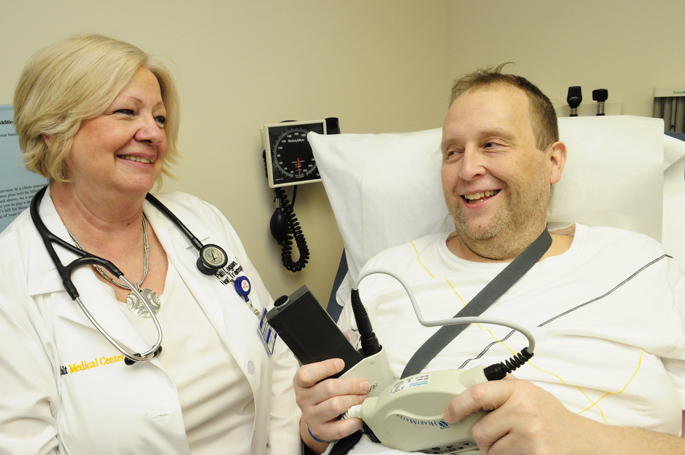
Patient undergoes surgical first to treat his arrhythmia
The state of Michael Stanbery’s health was shocking. Read MoreApr 11, 2013
-
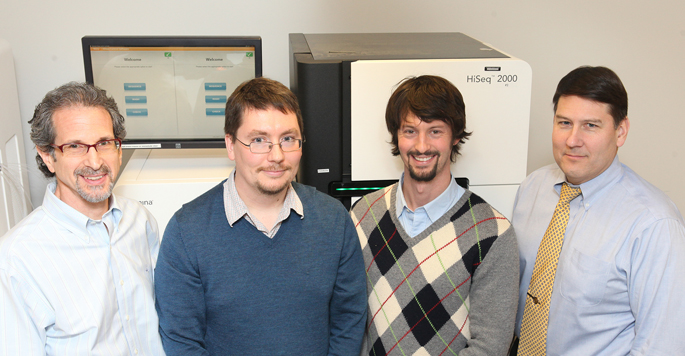
Study tracks genes involved in heart rhythm disorders
A team led by Vanderbilt University investigators has discovered two new genes — both coding for the signaling protein calmodulin — associated with severe early-onset disorders of heart rhythm. Read MoreFeb 7, 2013
-

Green tea for failing hearts?
The main antioxidant compound in green tea increases contractile force in isolated heart cells, suggesting it may be useful in heart failure. Read MoreNov 16, 2012
-
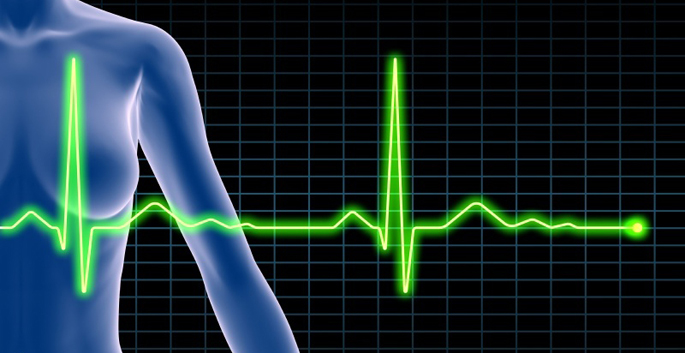
Key to a woman’s heart (condition)?
Females may be at higher risk of potentially fatal heart condition due to gender differences in a protein involved in the heart’s electrical activity. Read MoreAug 10, 2012
-

Common antibiotic found to pose increased heart risk
Vanderbilt researchers have discovered a rare, but important risk posed by the antibiotic azithromycin, commonly called a “Z-pack.” The study found a 2.5-fold higher risk of death from cardiac arrhythmia in the first five days of taking azithromycin when compared with another common antibiotic or no antibiotics at all. Read MoreMay 21, 2012
-
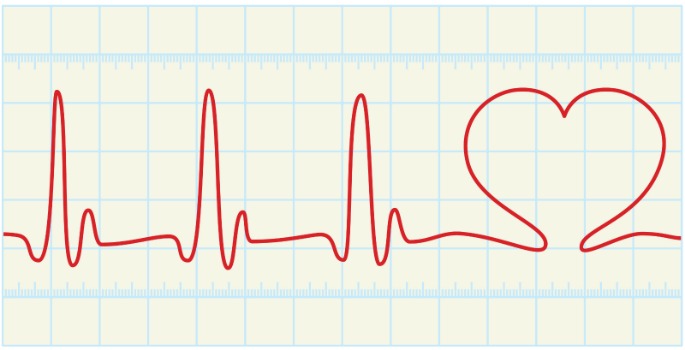
Study points to personal treatment for atrial fibrillation
Individuals with atrial fibrillation who have a particular genetic variant respond better to rate control therapy. Read MoreDec 6, 2011